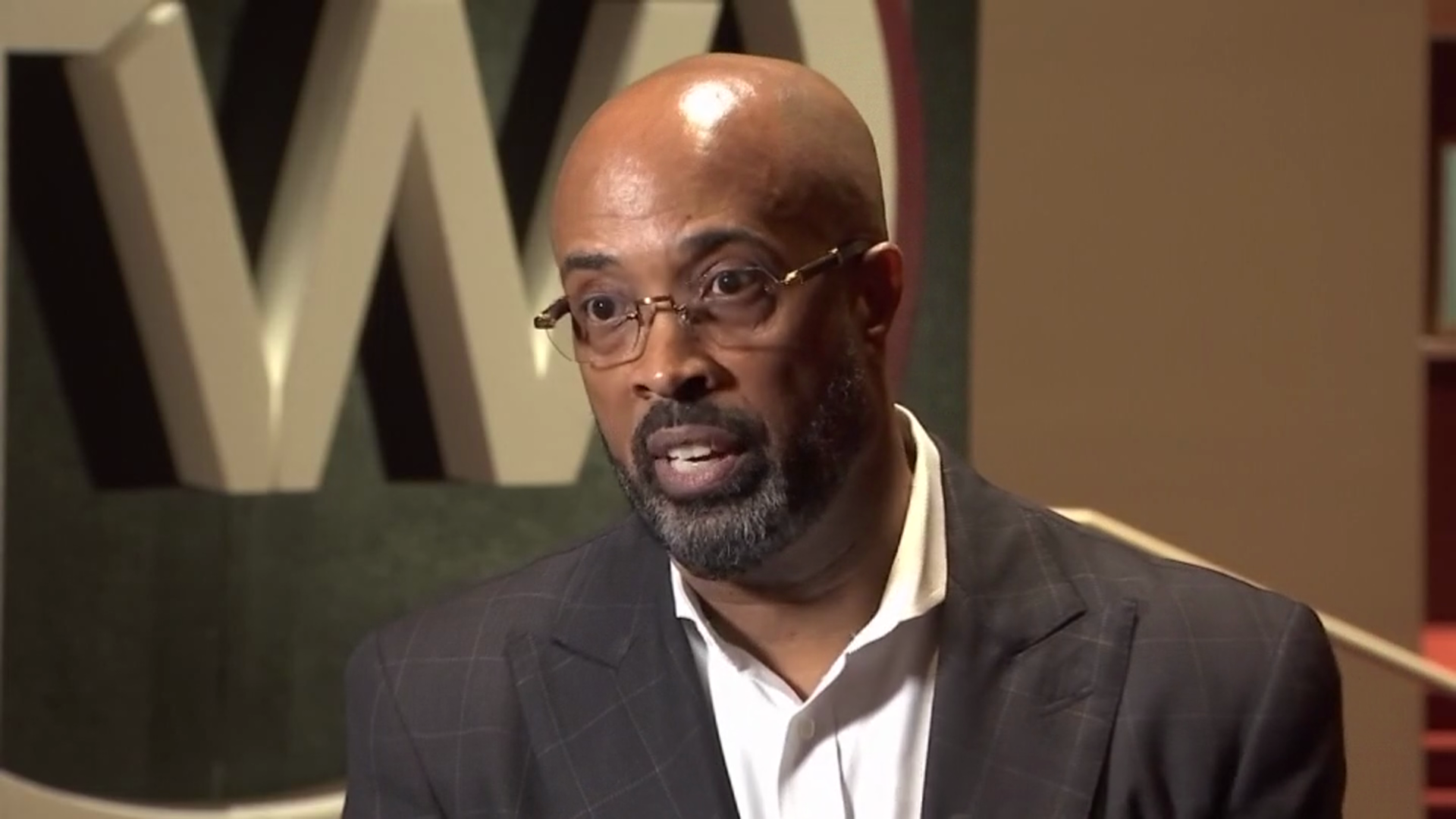Seventy-five years after the day that President Franklin D. Roosevelt said would live in infamy, Dallas native Jim Hardwick sifts through black and white pictures from the 1940s.
"I think I'm it," he said about his place in history. "I don't know another one."
Hardwick, 93, is certainly one of the last North Texans who can give a first-hand account about what happened at Pearl Harbor on Dec. 7, 1941.
It was a Sunday morning. Hardwick, a Navy sailor, was wrapping up a weekend celebrating his 18th birthday, and he and his friends were resting on a beach when they got word of the attack.
"We didn't know what the hell was going on. We heard the explosions. We arrived there after the torpedo attack," he recalled. "But the horizontal bombers were coming in when we entered Pearl Harbor, heading for our ship. Over on my right I saw the Arizona going down, the California, the Oklahoma and West Virginia and all of Battleship Row."
It was surreal, Hardwick said.
"Billowing clouds of smoke and fire. Bodies floating in the water," he recalled.
Local
The latest news from around North Texas.
More than 3,500 Americans were killed or wounded that day, and the surprise attack led to America entering World War II.
"I thought I couldn't be father away from the war than Pearl Harbor, Hawaii," Hardwick remembered thinking.
He arrived on the sunny beaches of Pearl Harbor on Nov. 19, 1941.
"I read in the paper that when you were 17, with your parents' consent, you could join the Navy, so that's what I did," he said.
He was assigned to the U.S.S. Honolulu.
"Monday mornings we'd set out for war games around the islands, for gunnery practice or whatever, and Friday the fleet came into Pearl Harbor. And you were given shore leave or liberty, and that was your weekend," he explained. "Then, on Monday, you were back out at sea for drills. All of that was certainly well known by the Japanese, and they chose Sunday morning for the attack. They knew the whole fleet would be sitting there like sitting ducks."
Hardwick's ship, the Honolulu, was hit with a 500-pound bomb, but remarkably no one died.
The crew was ordered to stand guard, as Hardwick put it, "Waiting for the next shoe to drop."
"We were on our battle stations waiting to see what happened. We waited and waited and waited, but nothing else happened," he said.
The attack was over.
Hardwick received a medal for his actions at Pearl Harbor.
He has dozens of medals for his service. Behind each medal is a memory, a story that with each passing day become more difficult to tell.
"The last reunion had five out of a crew of 1,000," Hardwick said. "None of them were Pearl Harbor survivors. I was the only one in the group."



